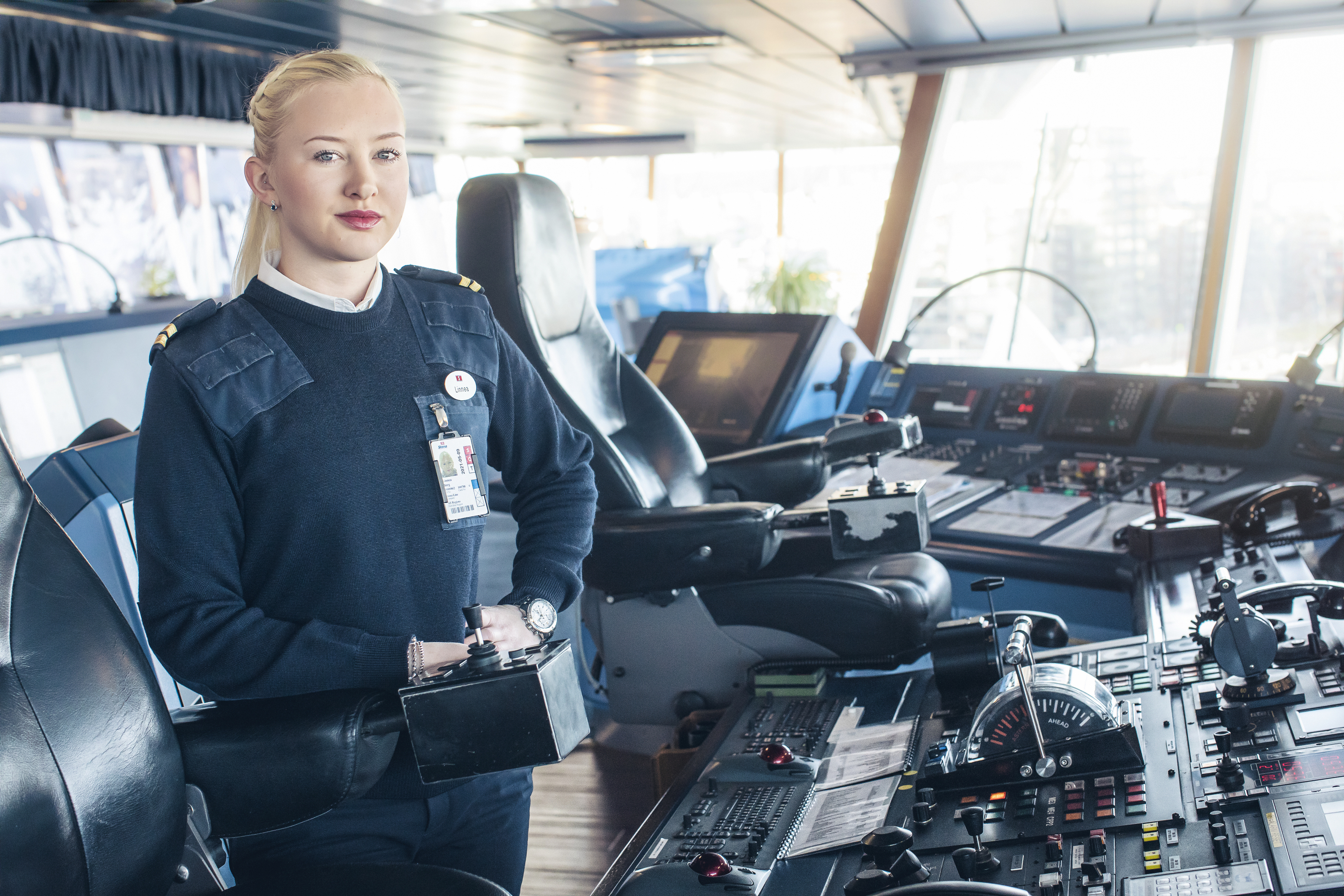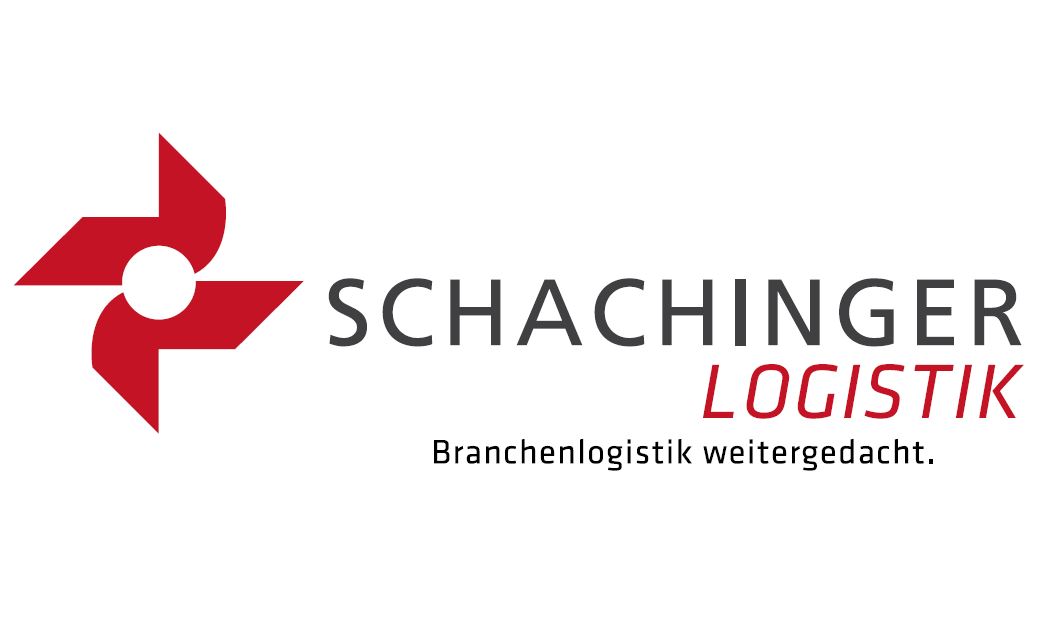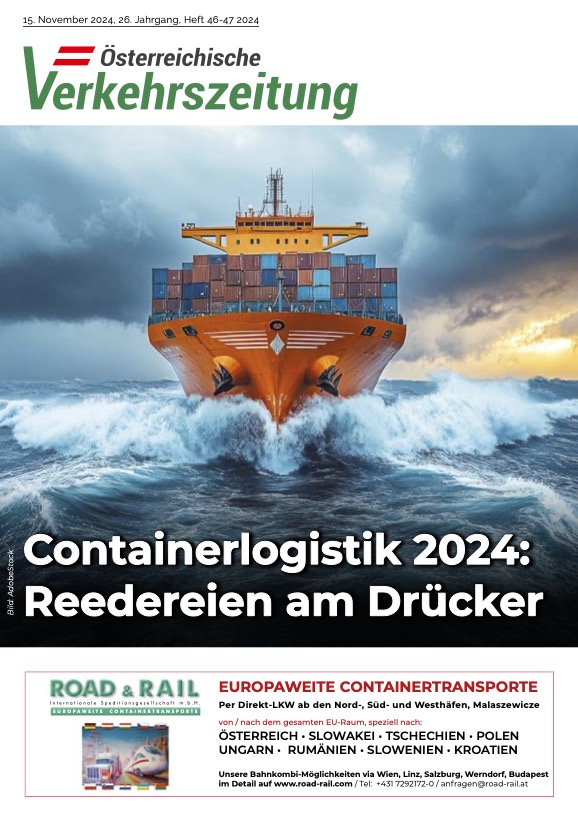Stena Line’s sustainability strategy is based on strategic key areas of the United Nations Sustainable Development Goals that are directly related to the shipping line: Clean Energy, Sustainable Consumption, Life under water, health and well-being. The fifth pillar will be gender equality and inclusion in the future. For each area, the ferry company sets ambitious goals.
“For equality and inclusion, the long-term goals are to increase the proportion of female executives to at least 30 per cent by 2022, and to reduce workplace harassment to zero. Work on this has begun last year with two new company policies to combat harassment and promote equal opportunities,” said Margareta Jensen Dickson, Stena Line’s Head of People.
In 2019, Stena Line will focus on initiatives to tackle harassment, improve application procedures, and promote maritime careers for men and women alike. “For example, we will identify barriers to recruiting, promotions and advancement of women, improve application methods, and set benchmarking goals and policies to support a family-friendly workplace and work-life balance for all,” said Margareta Jensen Dickson.
Since its founding in 1962, the Swedish shipping company Stena Line has developed into one of the largest ferry companies in the world with currently around 5,000 employees. In 2018, the fleet transported over 7.6 million passengers, 1.7 million cars and 2.1 million freight units between the Netherlands and the United Kingdom, on the Irish Sea as well as on the Baltic Sea between Denmark, Norway, Sweden, Poland, Latvia and Germany. The fleet currently consists of 38 vessels operating on 20 routes.











